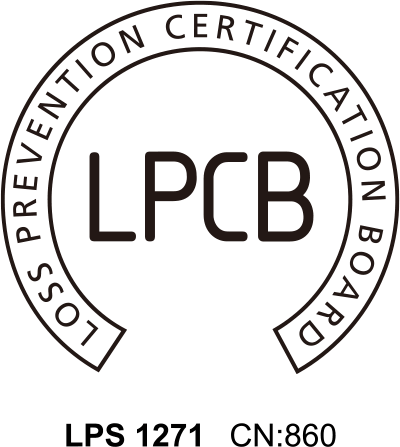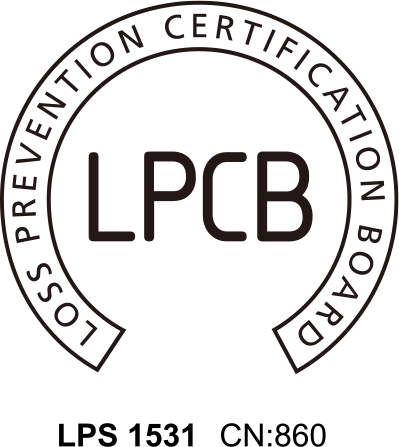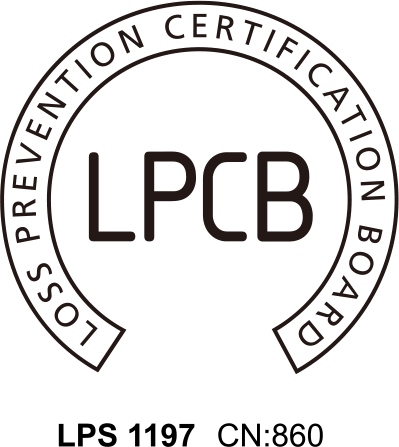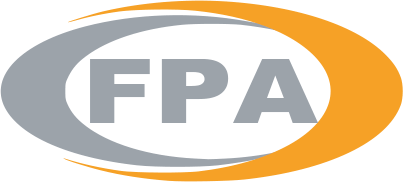Checkmate Fire are committed to helping companies and public sector bodies protect their staff, customers and the general public by reducing the risk of a devastating fire at their premises. Part of our role is to educate people about why passive fire protection measures are not just a question of legal box-ticking, but also a worthwhile investment in their organisation’s future.
Many people and organisations have quite a complacent attitude to fire safety. Not necessarily due to deliberate corner-cutting or attempts to save money, but because they believe fires to be an unusual occurrence. Unfortunately, official statistics tell a very different story.
Home Office figures show that in the 2016/17 reporting period, Fire and Rescue services in England attended 15,815 ‘primary fires’ in non-dwelling buildings – more than 300 a week. These incidents resulted in 17 fatalities and 892 non-fatal casualties.
The data also demonstrated that any type of building could suffer a blaze, with 656 fires in hospitals, 686 in education premises and 1,725 in shops, alongside the 2,112 at industrial sites where risks are perhaps higher due to the nature of the work undertaken.
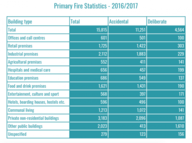.png)
In more than 2,000 of the fires, the whole building suffered flame or heat damage, yet in most cases, the damage was limited to the room or floor in which the blaze started. There are a number of reasons for this including, in many cases, the presence of effective passive fire protection measures – such as fire doors and glazing, floors and walls of fire-resisting construction, cavity barriers in roof voids and fire stopping to services that penetrate through these dividing elements.

Having the right well-maintained passive fire protection measures creates effective fire compartments in your premises. In the event of a fire, these compartments will contain flames and smoke in the area in which it begins – possibly for as long as 2 hours, depending on the specification. Slowing the spread of the blaze in this way maintains the integrity of escape routes and provides time for the successful execution of your building’s evacuation plan, saving lives and preventing injuries.
The condition of the building in the aftermath of a fire is of secondary importance to the safety of your colleagues and the public, but extensive damage can have far-reaching consequences in terms of continuity of service, subsequent insurance premiums and even the survival of a business.
Fire, heat and smoke are not the only culprits when it comes to damaging property in a blaze. The triggering of a sprinkler system can result in significant water damage throughout your premises, increasing repair bills and the size of insurance claims, and lengthening the time taken to restart your organisation’s usual day-to-day activities.
Investing in the correct passive fire protection can help to minimise the damage to your building in the event of a fire, by preventing it spreading throughout the premises without the need for the deployment of suppression systems. Checkmate’s specialist teams have seen incidents of intense fires that have been effectively contained in a single room by our protection measures, allowing our customers to quickly return to normal and preventing them from suffering significant financial losses.
At Checkmate Fire, we provide a range of services that will help you to protect your staff, the public, and your premises. In addition to the specification and installation of third-party certified passive fire protection, we offer specialist inspections to assess the effectiveness of your current measures and identify any necessary improvement work.
Get in touch to discuss your fire protection requirements
Related news articles

Workplace Fires: The Importance of Staying Aware
Checkmate helps businesses and public sector organisations safeguard their customers and staff through the implementation of life-saving firestopping solutions.

Your Regular Fire Door Maintenance Checks
Nobody expects a fire in their premises; however, when a fire hits, the results can be catastrophic. Expensive repair bills, costly downtime and a delay in business operations

Can You Afford Not to Ensure Your Passive Fire Protection is Up to Standard?
Passive fire protection is a very effective means of protecting your building from fire but this important and effective measure is sometimes overlooked for financial reasons. Yet, can you really afford.

The Importance of Fire Doors
Fire doors are always important, but it can be even more crucial for those who manage buildings with a sleeping risk such as hotels and hospitals.
